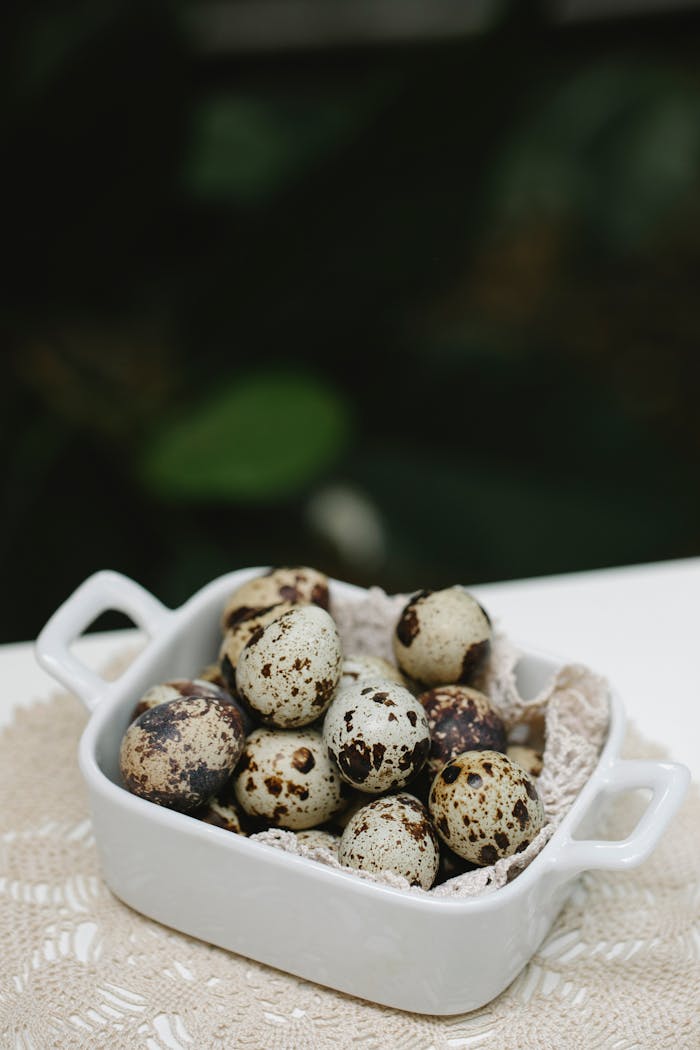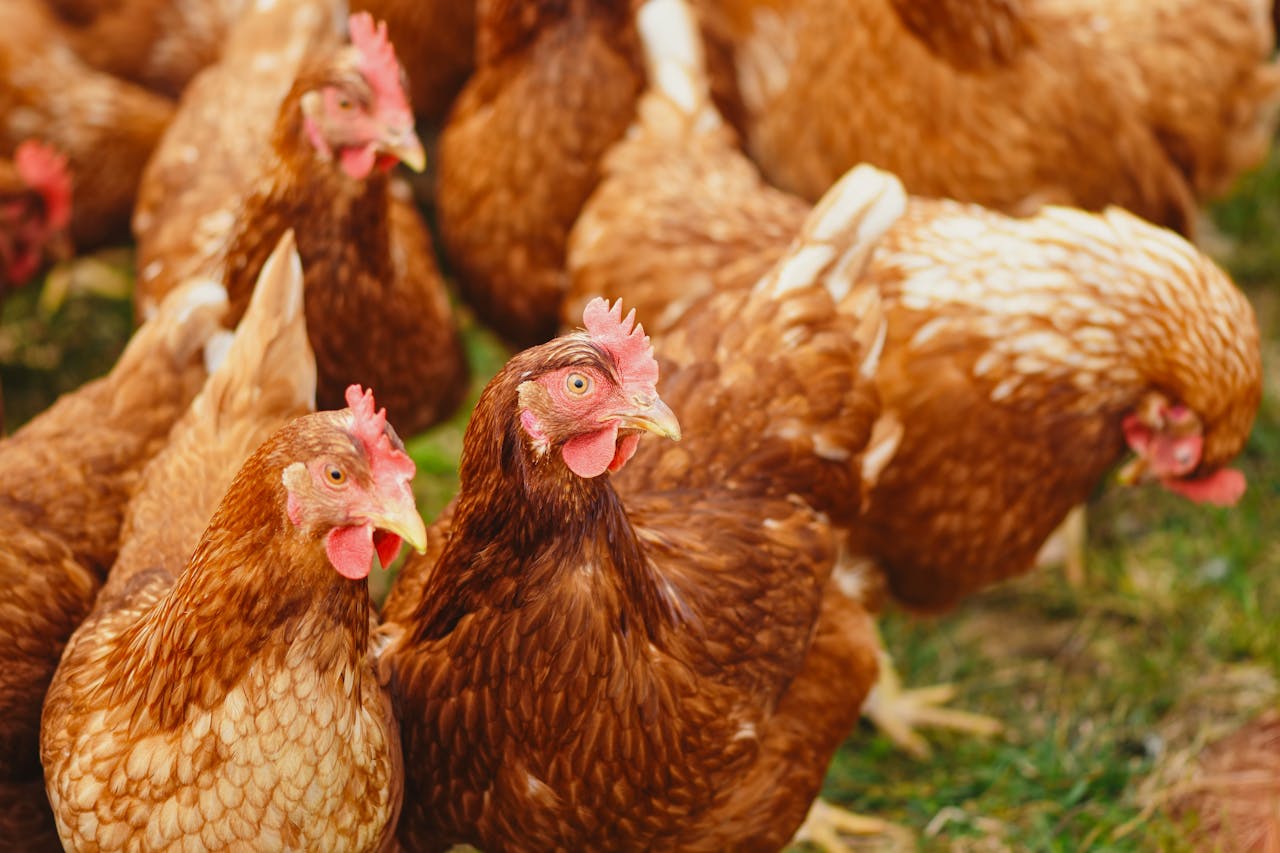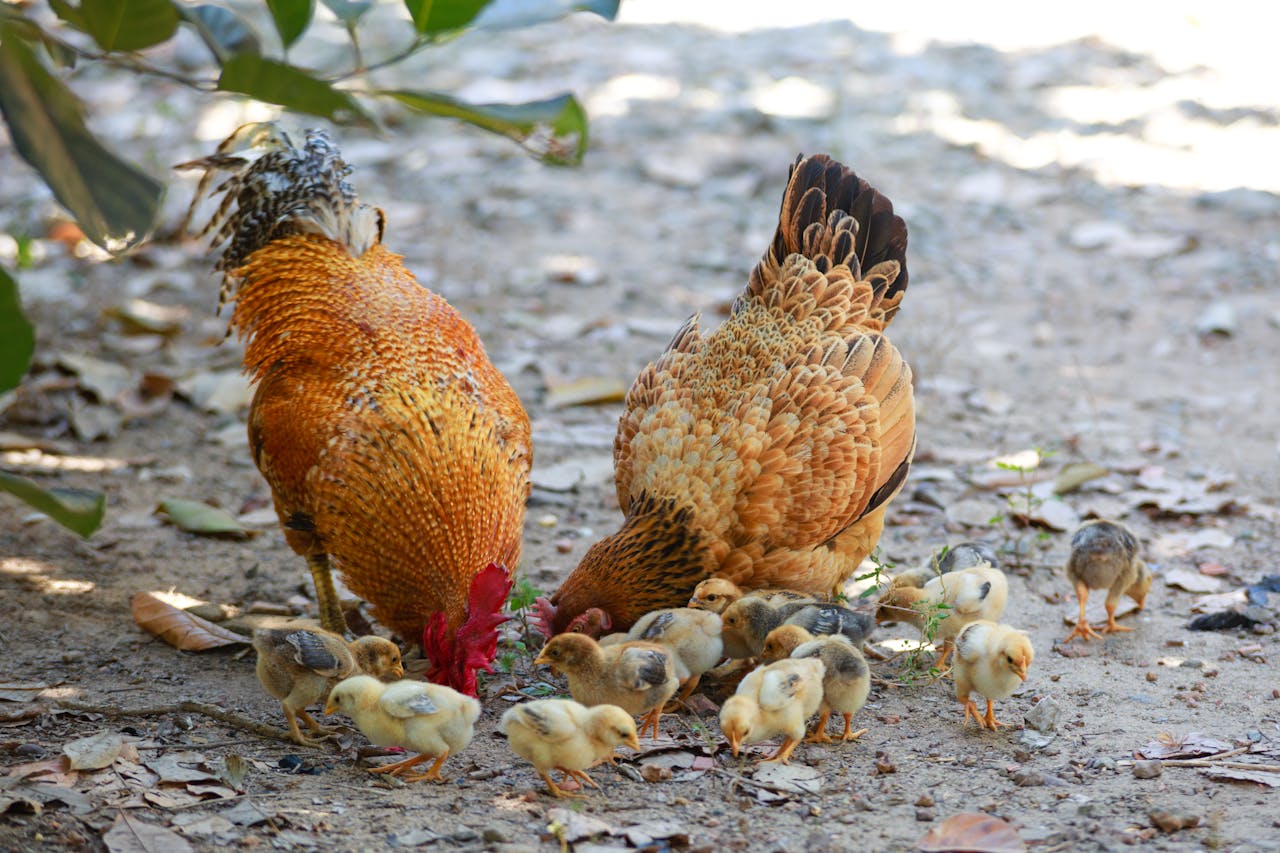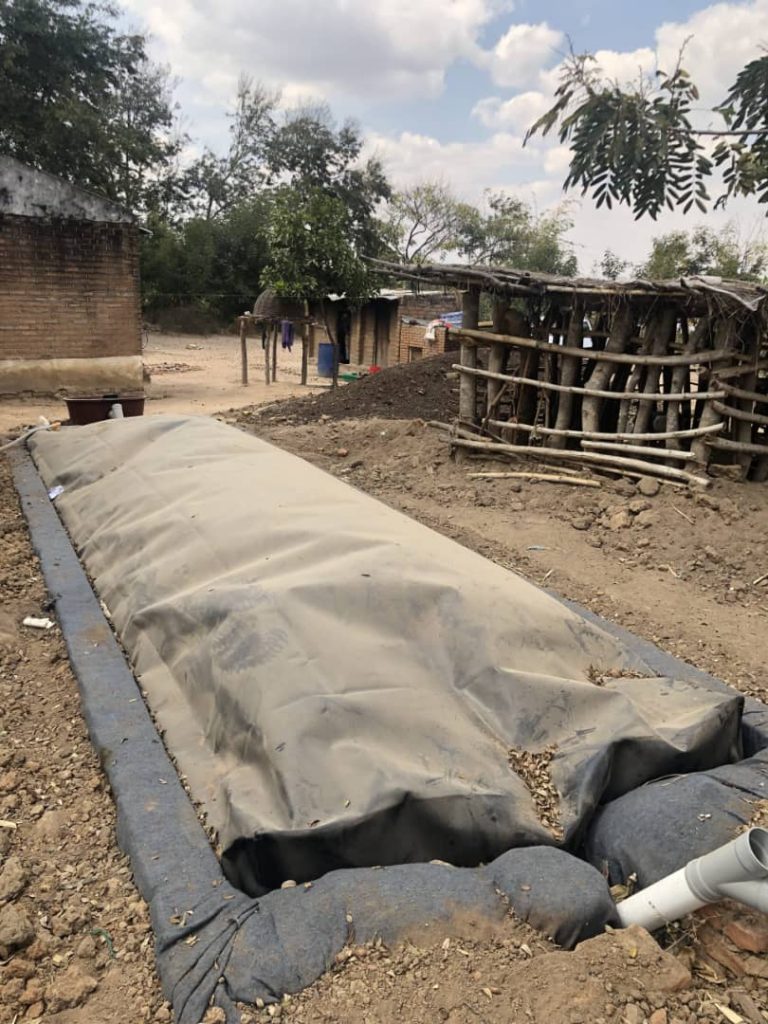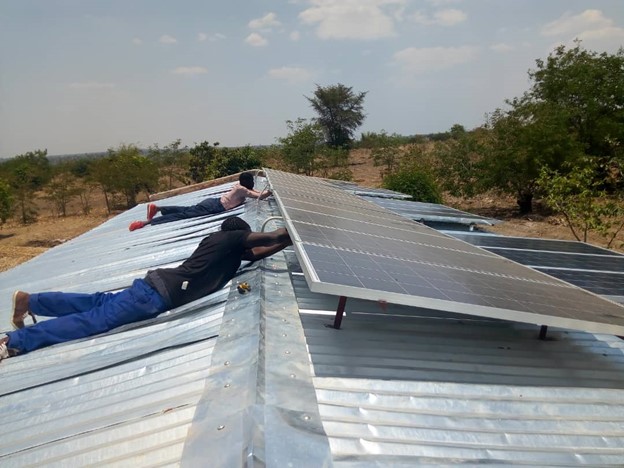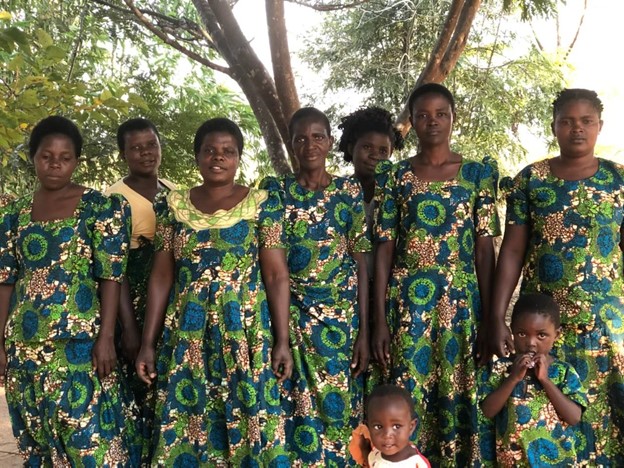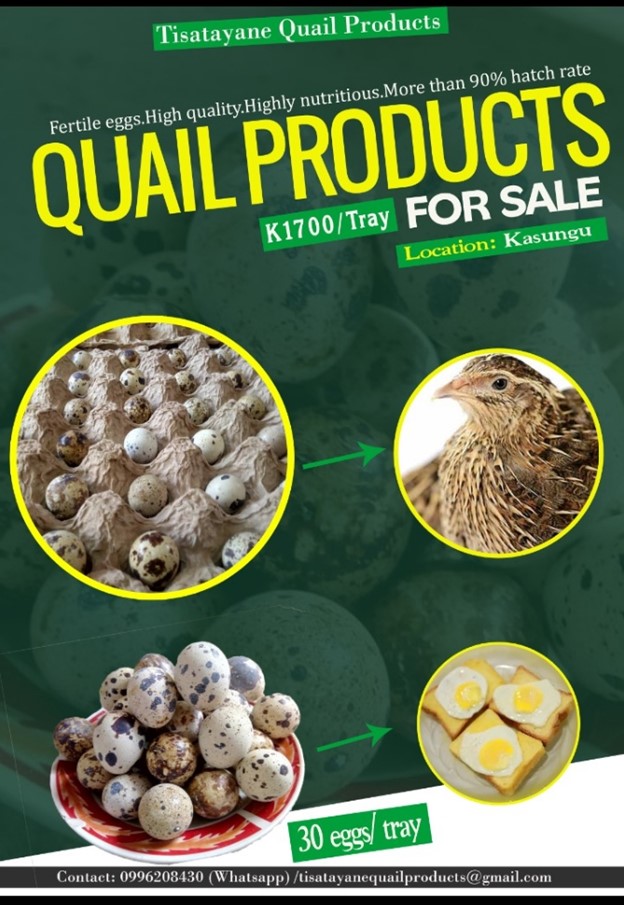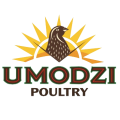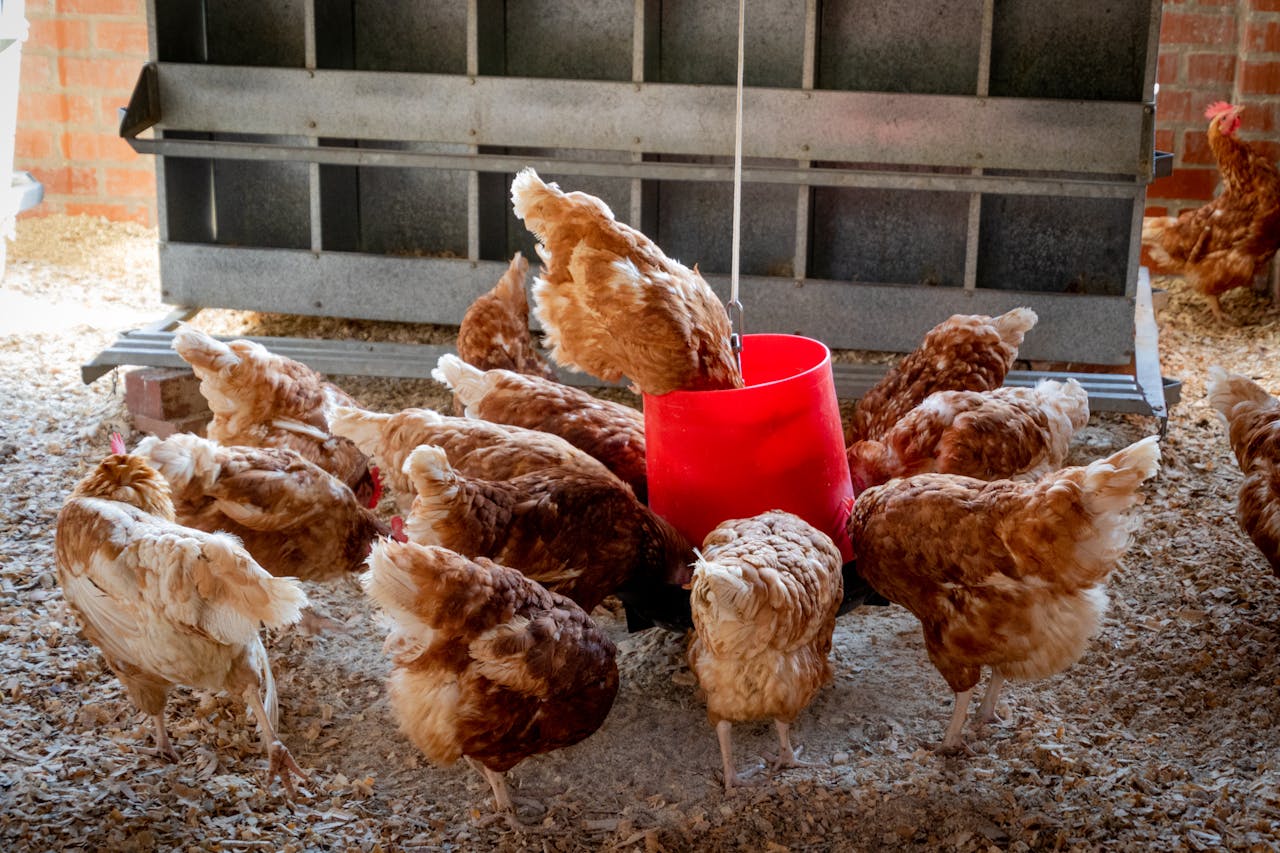Empowering Impoverished Communities
Creating Sustainable Economic Opportunities Through Poultry Production in Kauma Village, Kasungu District
Umodzi Poultry
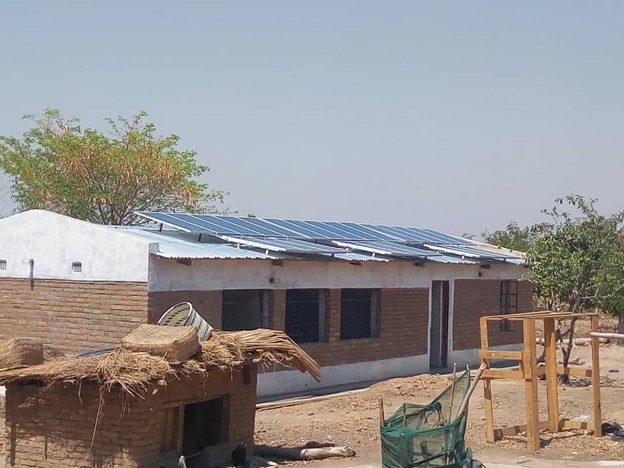
Umodzi Poultry is a social enterprise founded in 2018 with a mission to empower impoverished communities through sustainable economic opportunities.
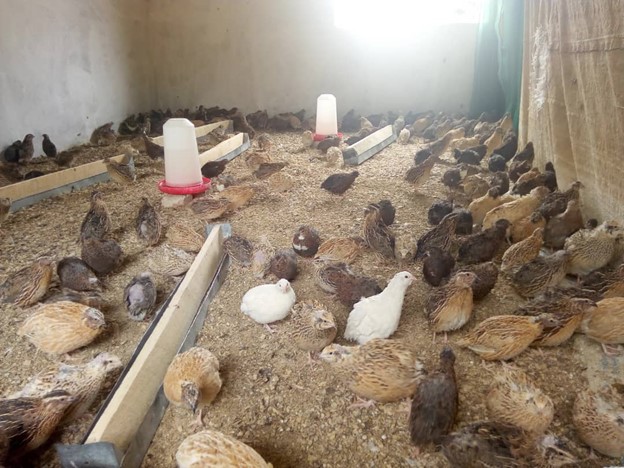
Umodzi Poultry is a social enterprise dedicated to empowering impoverished communities through sustainable economic opportunities. Founded in 2018 Umodzi works with the Mthetsankhuli Women Cooperative in Kauma Village, Kasungu district, Umodzi Poultry provides critical infrastructure and inputs for quail production. Our operations are supported by a 25 Kw solar power system, which runs incubators and provides lighting, and a biogas bio digester, which supplies heating for brooding.
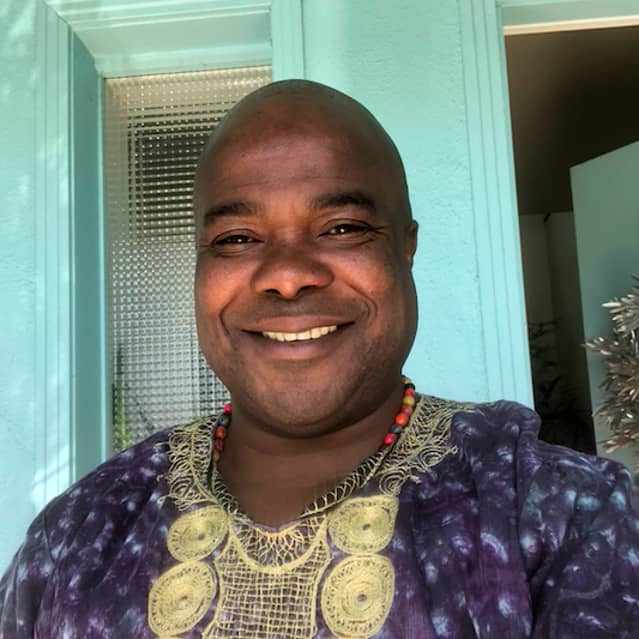
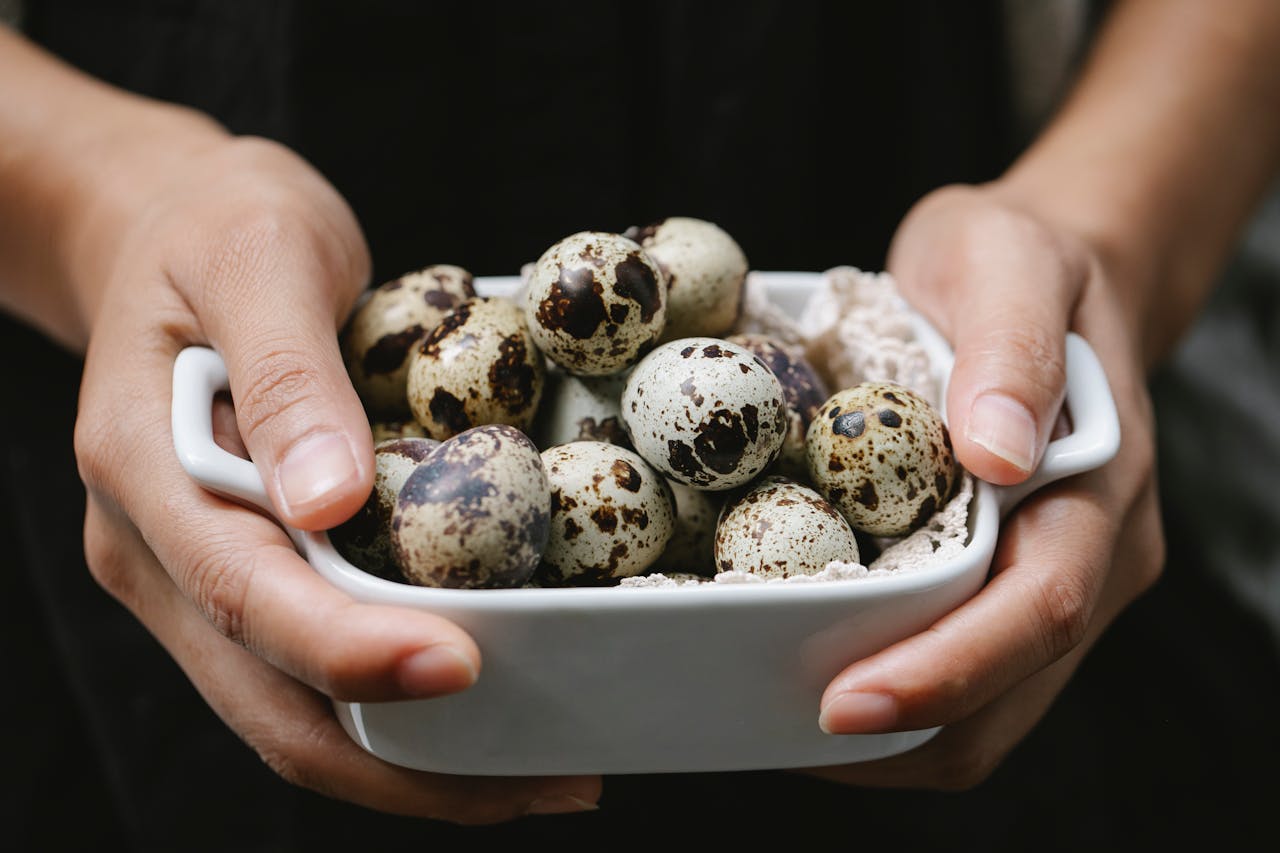
Umodzi’s plan for scaling up includes fully utilizing its infrastructure — which can support 5,000 quail per week and 20,000 eggs in its incubators — and selling 22,000 quail a week to hotels, supermarkets, and restaurants in big cities, including the capital, Lilongwe. The company is already engaging with 1,000 women and youth within 20 kilometers of Kauma Village to work in trained, 10-person groups to raise young quail in six-week cycles to sell back to Umodzi, earning income for both the groups and Umodzi.
Mathews’ contribution is not only the growing number of poor people whose livelihoods, nutritions, and environments have been improved, but the introduction of a self-sustaining, circular system of agriculture and poverty alleviation that can be widely implemented and adapted to any local environment.
